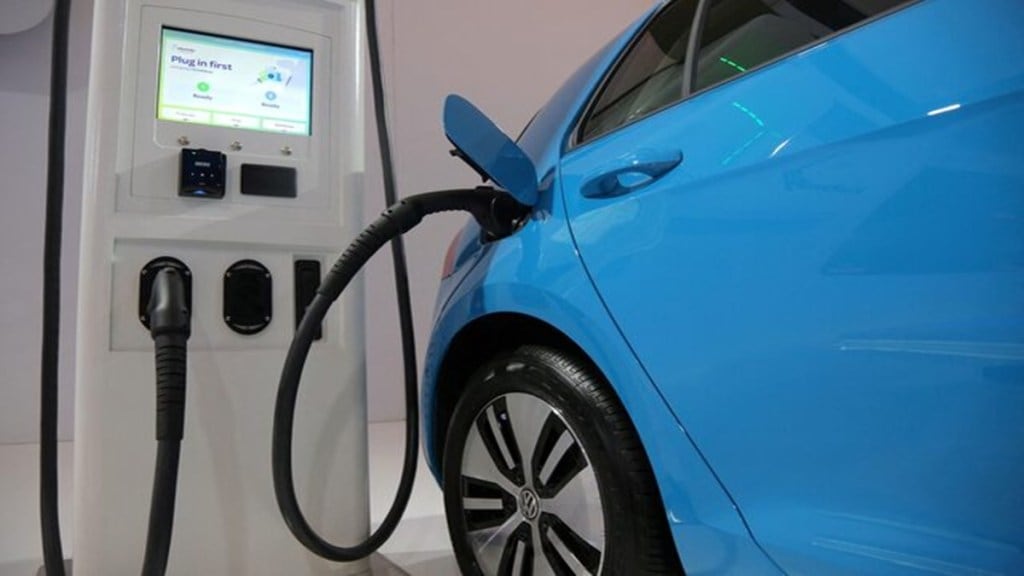The Ministry of Heavy Industries, under the Government of India, has extended the PM Electric Drive Revolution in Innovative Vehicle Enhancement (PM E-DRIVE) Scheme by two years. As reported a few months ago, this development was on expected lines since sales of electric vehicles (EVs) are set to be impacted due to negative headwinds across the world.
Introduced in 2024, this scheme was initially slated to come to an end in March 2026. It has now been extended to March 31, 2028, according to a recent government notification. However, subsidies for electric two- and three-wheelers under the scheme are scheduled to conclude on March 31, 2026
Launched on October 1, 2028, the PM E-Drive outlaid a total budget of Rs 10,900 crore to boost electric vehicle (EV) adoption, manufacturing, and charging infrastructure. The scheme aims to offer demand incentives totaling Rs 3,679 crore to promote the purchase of electric two-wheelers, three-wheelers, ambulances, and trucks.
PM E-Drive benefits
Additionally, Rs 7,171 crore has been allocated to accelerate the adoption of electric buses, enhance public charging infrastructure, and upgrade vehicle testing facilities. The initiative targets support for 24.79 lakh electric two-wheelers, 3.16 lakh three-wheelers, 14,028 electric buses and trucks, along with the development of 88,500 electric vehicle charging stations.
The government began offering subsidies for electric two- and three-wheelers in October 2024 under the PM E-Drive scheme. In contrast, incentives for electric trucks were introduced only in July this year. Meanwhile, guidelines for subsidising electric ambulances and supporting charging infrastructure are still under development.
As per the scheme, electric two- and three-wheelers are eligible for incentives of Rs 5,000 per kWh in FY2025 and Rs 2,500 per kWh in FY2026, subject to a cap of 15% of the vehicle’s ex-factory price.
More focus on charging infrastructure
Compared to the earlier FAME II scheme, one of the key highlights of the PM E-Drive initiative is its increased emphasis on developing charging infrastructure. The scheme aims to support the installation of 22,100 fast chargers for four-wheelers, 1,800 for electric buses, and 48,400 for two- and three-wheelers, with an allocated outlay of Rs 2,000 crore. Guidelines for providing subsidies to set up these charging stations are currently being finalised.
